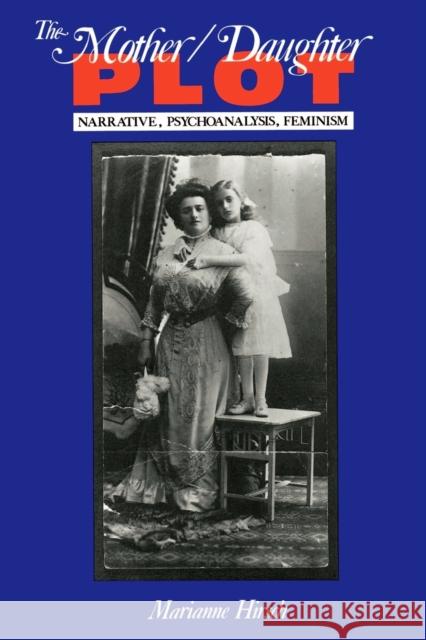The Mother/Daughter Plot: Narrative, Psychoanalysis, Feminism » książka
The Mother/Daughter Plot: Narrative, Psychoanalysis, Feminism
ISBN-13: 9780253205322 / Angielski / Miękka / 1989 / 260 str.
Mothers and daughters the female figures neglected by classic psychoanalysis and submerged in traditional narrative are at the center of this book. The novels of nineteenth- and twentieth-century women writers from the Western European and North American traditions reveal that the story of motherhood remains the unspeakable plot of Western culture. Focusing on the feminine and, more controversially, on the maternal, this book alters our perception of both the familial structures basic to traditional narrative the Oedipus story and the narrative structures basic to traditional representations of the family Freud's family romance. Confronting psychoanalytic theories of subject-formation with narrative theories, Marianne Hirsch traces the emergence and transformation of female family romance patterns from Jane Austen to Marguerite Duras."
Maternal repression is at the basis of the nineteenth-century realist novel. Only with modernism does the mother become a central figure-both celebrated and ambivalent -in daughter-artists text and family romance. For modernist heroines, psychoanalytic theories of femininity of the 1920s and the 1930s, as well as the novels of Woolf, Colette, and Wharton, show painful oscillations and contradictions between maternal and paternal identifications. Hirsch argues that fictional and theoretical feminist writing still situates itself at uncomfortable distance from the maternal: the concrete stories of mothers are still unspeakable or as Alice Walker says, cruel enough to stop the blood. They point to a feminist discourse of identity which begins with mothers and thereby reframes our conception of self, family, and plot.











